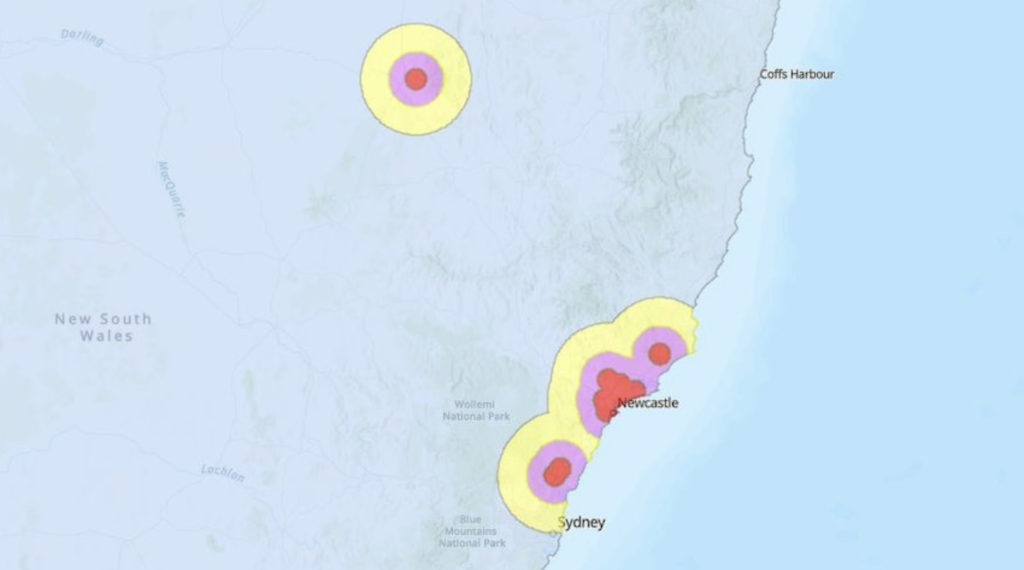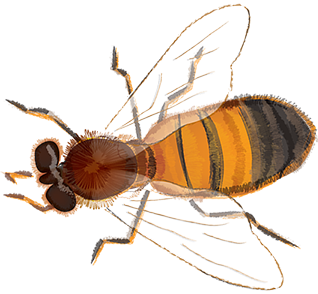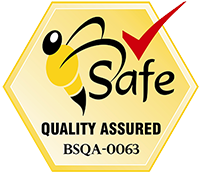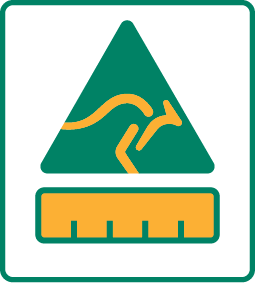Like many others, we are greatly concerned for bees and community Australia-wide. The sadness in euthanising bees as a result of the Varroa mite landing at the Newcastle Port a couple weeks ago, is overwhelming. From fires, to floods, to this deadly parasite – our thoughts are with other beekeepers as we face yet another trying time.
Varroa mites are the most serious pest of honey bees worldwide – they have infected every area of the world, except Australia… until now. If it’s left untreated, the pest will kill any bee hive it infects. All feral and untreated bee colonies will eventually die. This is devastating to not just bees in Australia, but all crops that they pollinate.
Bees are an integral part of not just industry, but the community. The flow-on effects to crops which bees pollinate is unknown.
The mites are tiny reddish brown external parasites of honey bees. They are agile, move into hives quickly and transfer through contact between bees. They spread from drone bees moving from hive to hive and even between apiaries.
Currently, there are strict quarantine requirements in place to protect the Australian honey bee industry. The potential financial cost to Australia is estimated to be $70 million per year, if the mite becomes established. About 1/3 of Australia’s food production relies on bee pollination (almonds, avocados, apples, and more).
What can you do?
If you see anything suspicious use the online form at www.dpi.nsw.gov.au/hives, send an email to hive.location@emergency.dpi.nsw.gov.au or call the Exotic Plant Pest Hotline 1800 084 881. If you are an unregistered beekeeper, you can register online the NSW gov website to let the government know where existing hives are, making it easier to contact anyone within the zone before the mite spreads further. This is helpful information to help protect the NSW honey industry.
If you have a native beehive, you do not need to report them as the mite is currently unable to jump species, therefore only affecting the honey bees.
Please share this, and tag anyone who may have hives (or know anyone who may have) near the zones.
Spread the word, save the bees!
💛🐝
@tyagarahapiaries
@australiasmanuka
Sources:
The Guardian https://www.theguardian.com/environment/2022/jun/30/bee-industry-confident-varroa-mite-can-be-contained-after-600-hives-destroyed-in-nsw
NSW Government https://www.dpi.nsw.gov.au/biosecurity/seasonal-pests-and-diseases/spring/varroa-mite

